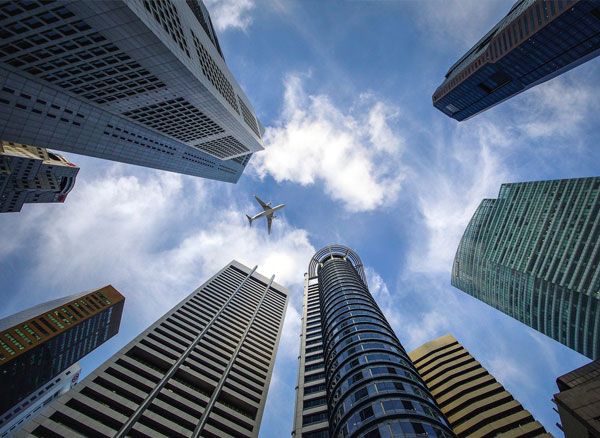Germanyhaslongbeenamagnetforindividualsseekingnewopportunities,culturalenrichment,orrefugefromglobalinstability.Overthepastdecade,thecountry’simmigrantpopulationhasgrownsignificantly,withnearly13millionpeople—about15%ofresidents—holdingnon-Germanpassportsasof2023.ThisinfluxreflectsGermany’sevolvingidentityasamulticulturalsociety,shapedbybothitseconomicprowessandhumanitarianpolicies.Formanyimmigrants,thedecisiontorelocatestemsfromthecountry’srobustjobmarket,renownededucationalinstitutions,andreputationforpoliticalstability.SkilledprofessionalsfromIndia,ITexpertsfromEasternEurope,andacademicsfromacrosstheGlobalSouthincreasinglyviewGermanyasalandofinnovation,whereindustrieslikerenewableenergyandengineeringoffercutting-edgecareers.

Yetthejourneyofintegrationoftenbeginswithformidablechallenges.Languagebarriersloomlarge,asdailyinteractionsoutsidemajorcitiespredominantlyoccurinGerman.Thenotoriousbureaucracy—embodiedbyinstitutionsliketheAusländerbehörde(Foreigners’Office)—testspatiencewithitslabyrinthinepaperworkrequirementsforresidencepermitsandworkvisas.Culturaladjustmentscanbesubtlebutprofound:masteringtheunspokenrulesofpunctuality,recyclingsystems,orSundayquiethoursrequirestimeandobservation.Manynewcomersinitiallyfindthesociallandscapeparadoxicallywelcomingyetdistant,asGermanstendtovaluedeepfriendshipsovercasualacquaintanceships.ASyrianrefugeeturnedBerlincaféowneronceremarked,“Germanswillhelpyoufixyoursinkat2a.m.,butmightnotinviteyouforcoffeeuntilthey’veknownyouforyears.”
Thepathtobelongingincreasinglyreliesonstructuredsupportsystems.Mandatoryintegrationcourses,introducedin2005,nowprovide600hoursoflanguagetrainingandciviceducationaboutGermany’slegalsystemandculturalnorms.CitieslikeFrankfurtandColognehavepioneered“WelcomeCenters”thatconsolidateservicesfromhousingassistancetojob-matchingprograms.Grassrootsinitiativesbridgegapstoo—migrant-ledtechmeetupsinHamburg,Vietnamese-GermanculturalfestivalsinLeipzig,andrefugeementorshipprogramsinMunichfosterorganicconnections.Educationservesasapowerfulequalizer,withuniversitieslikeHumboldt-UniversitätzuBerlinofferingpreparatoryacademiestohelpinternationalstudentsadaptbeforedegreeprogramscommence.
Immigrants’contributionsvisiblyreshapeGermansocietyinreturn.Turkishentrepreneursrevolutionizedthefoodscenewithdönerkebabstandsthatbecameubiquitous,whileNigeriantechfoundersdriveBerlin’sstartupecosystem.Thehealthcaresector,reliantonforeign-bornworkers,saw35%ofnewnursingstaffin2022comefromabroad,primarilythePhilippinesandMexico.Demographically,immigrantscounterbalanceGermany’sagingpopulation—theaverageageofnewcomersis29comparedto45fornativecitizens.Evenregionaldialectsabsorbnewinfluences:youthslangincitiesnowblendsArabic,English,andGermanphrases,creatingavibrantlinguistictapestry.
ThisdynamicinterplayofadaptationandtransformationcontinuestoredefinewhatitmeanstobeGerman.Assecond-generationimmigrantsascendtoleadershiprolesinpolitics,media,andbusiness,thenarrativeshiftsfrommeretolerancetoactiveco-creation.ThegranddaughterofLebaneseimmigrants,nowaBundestagmember,encapsulatesthisevolution:“Myfamily’sstoryisn’taboutbecomingGerman—it’saboutexpandingwhatGermanycanbe.”Whilechallengespersistregardingxenophobiaandsystemicinequities,Germany’sexperimentinmulticulturalismdemonstrateshowsocietiescanevolvethroughopenness,structuredintegration,andtherecognitionthatdiversityisn’tahurdletoovercome,butaresourcetocultivate.